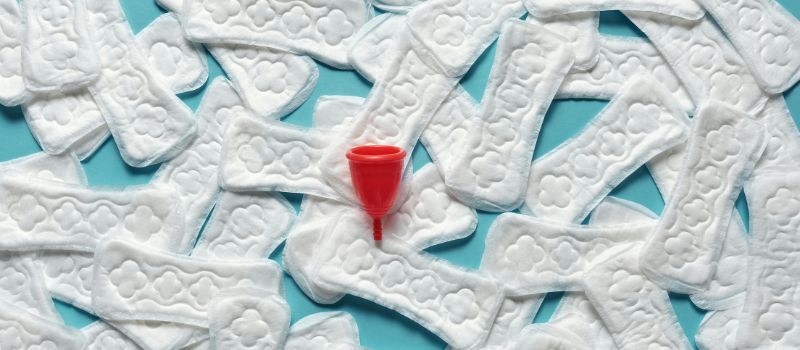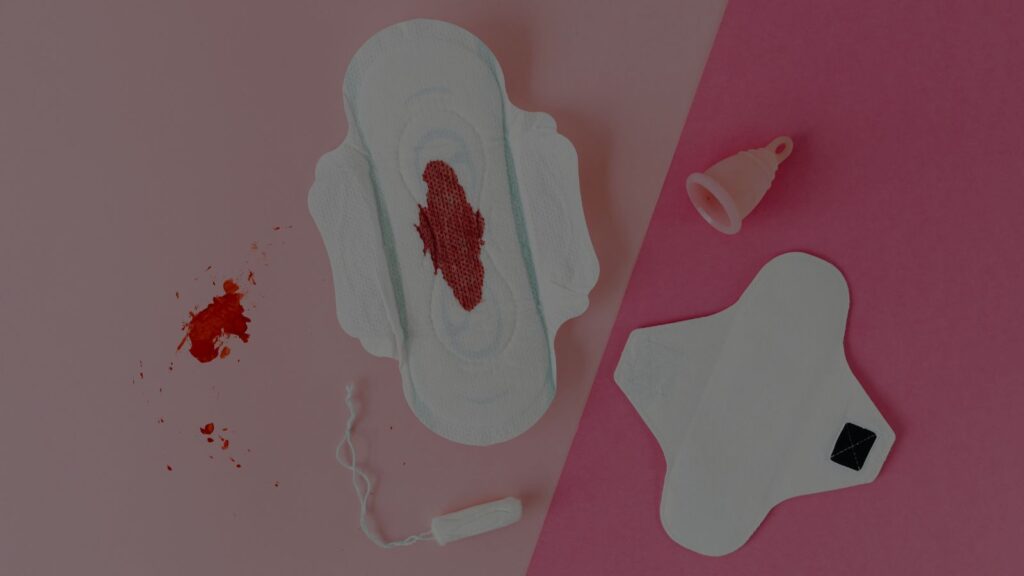Lawmakers Addressing the Tax
State lawmakers are considering getting rid of a controversial tax on feminine hygiene products. Critics say the so-called tampon taxes are unfair to women. In Illinois, feminine hygiene products are taxed 6.25 percent because the state classifies tampons, pads and menstrual cups as “luxury items”.
Legislative Developments
State lawmakers on Thursday approved measures to:
- Eliminate the state sales tax on feminine hygiene products
- Expand contraceptive options
Under current law, tampons, sanitary napkins and adult diapers are taxed as “luxury items” at a rate of 6.25 percent, a classification supporters say is unfair. Sponsoring Sen. Melinda Bush, D-Grayslake, argued they were “unavoidable necessities” for women and seniors.

The measure now heads to the House for consideration.
City of Chicago’s Action
Last month, the Chicago City Council voted unanimously to abolish the so-called tampon tax, labeling feminine hygiene products as medical necessities exempt from the city’s 1.25 percent sales tax.
Contraceptive Access Improvements
In the House, lawmakers approved a measure that would:
- Expand contraceptive options for women
- Eliminate a complicated waiver process
- Allow access to birth control medications not offered by their insurance companies
Frequently Asked Questions
What is the “tampon tax” and why is it controversial?
The tampon tax refers to the sales tax applied to feminine hygiene products like tampons and pads. It’s controversial because these products are considered “luxury items” in some states, despite being essential for many individuals, particularly women and seniors.
How much is the tampon tax in Illinois?
In Illinois, feminine hygiene products are taxed at a rate of 6.25% because they are classified as non-essential luxury goods under the current tax code.
What action has the Illinois legislature taken regarding the tampon tax?
Illinois lawmakers have approved a measure to eliminate the state sales tax on feminine hygiene products. This bill has passed the Senate and is now awaiting consideration in the House.
Has the city of Chicago taken any separate action?
Yes, the Chicago City Council voted unanimously to abolish the city’s 1.25% sales tax on feminine hygiene products by reclassifying them as medical necessities.
What other reproductive health measures are being considered?
Lawmakers are also working to expand contraceptive options for women, streamline the waiver process, and ensure access to birth control medications not currently covered by insurance providers.

